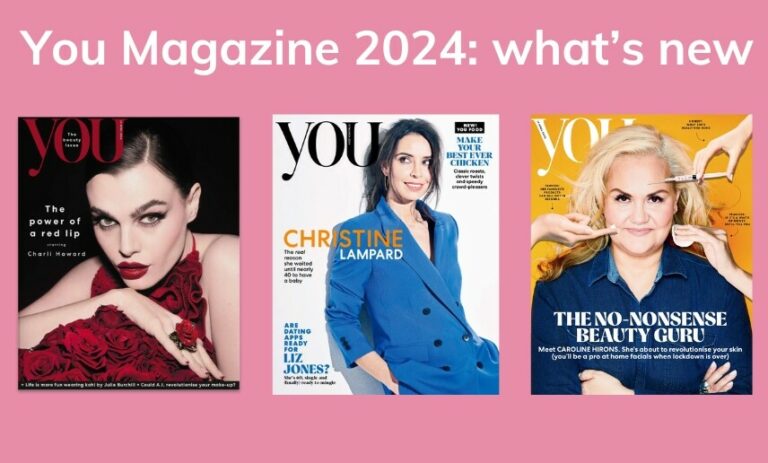Last week I received about 50 press releases announcing that a hotel was re-opening on [insert date].
I used to work in travel PR, so I get it. For each hotel in question, this feels like mighty big news after a unique period of dormancy, and they desperately want to shout about it. At your end, perhaps there’s an annual quota of promised press releases to try and fill, or perhaps you’re simply delighted to have something to say, a means of once more putting your client on journalists’ wavelength.
If I’m being really frank, however, news of reopening dates does not float my journalistic boat. First off, if one of my outlets were to announce that Hotel A or Hotel B will reopen on [insert date], it would then be obliged to report the same info for every hotel around the world – clearly infeasible. No reopening news is likely to be any more noteworthy than another. Newspapers may report on countries’ tourism scenes as a whole reopening, but I’d think that’s the limit.
Secondly, I can easily ascertain reopening dates myself: I would assume that, in every case, the same news will be on Hotel A and Hotel B’s website. So if I really needed to know, perhaps for a Times round-up, it would be a cinch to find out.
Still, that all said, getting such press releases is no burden to me. I skim them, then I delete them. I’d always rather receive a release than not, because I have terrible, unquenchable FOMO. I do wonder if writing them is time-efficient for you – but, if they make clients happy, perhaps that’s value enough?
If this has given you food for thought, maybe look to do something different, something more newsworthy? You might include a quotable, unexpectedly-honest prediction for business in the next six months. You might convince your client to come up with a gobsmacking reopening deal. You might get 20 reusable face masks produced with your hotel’s logo on them, and send them to your favourite journalists (i.e. me and 19 lesser writers). Any way to stand out from the Covid-19 crowd.













